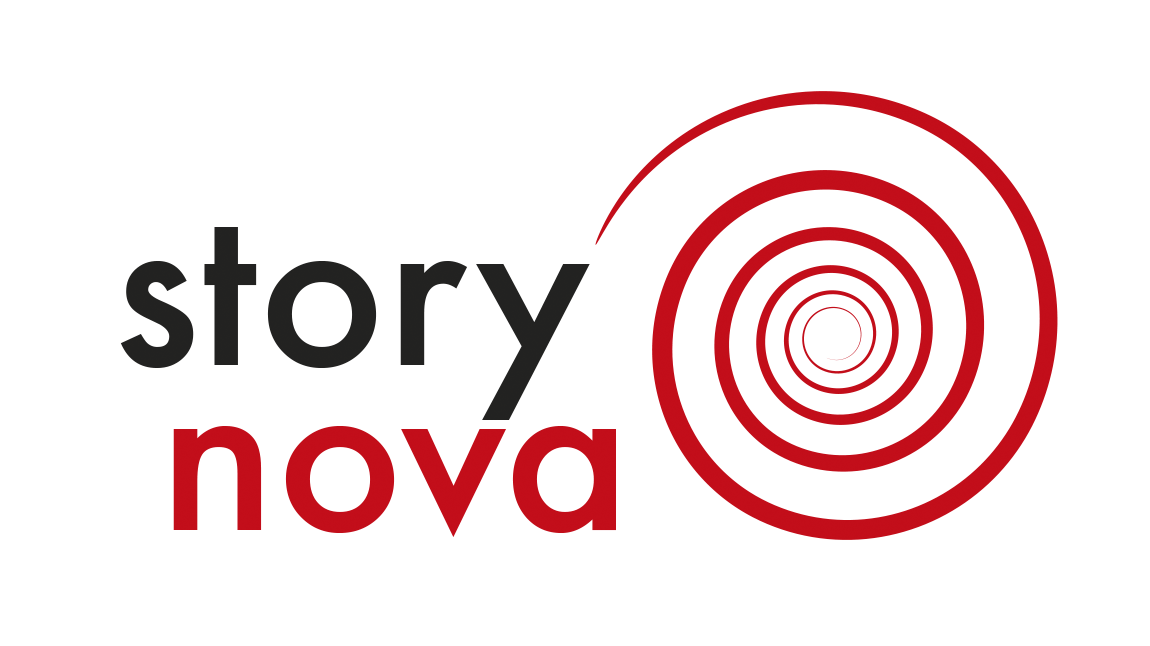Living Story
I grew up in a living, breathing storyworld.
From my family’s Athens apartment, I could step out onto the balcony and see the Parthenon, the temple dedicated to the goddess Athena. Gazing at its ancient ruins on the Acropolis, I would listen, spellbound, to my father recount the myths about Athena. This daughter of Zeus was the goddess of wisdom and of war, and she was also the guardian of the city that was her namesake. I imagined her floating through the sky, doing her duty to protect me and everyone else, intervening according to her whims or to her own sense of right and wrong. When the day was done, I pictured her retiring to her home, just over there, in the ruins of her temple.
I knew myths weren’t real, and yet a great civilization had built a temple to a myth. Surely this was a testament to Athena’s existence, proof that she had once been real enough to enough people. And as long as I could imagine her, free and beholden to no one, author of her own fate, Athena was more than real to me. She was absolutely vital.
From a balcony on the other side of the apartment, I could see Mount Lykavittos, that chunk of rock Athena had accidentally dropped as she flew through the sky carrying limestones to build the Parthenon. On top of Mount Lykavittos sat a tiny 19th-century chapel to Saint George, slayer of dragons. The story of Saint George, told as usual by my father, captured my little brother's imagination. To me, Mount Lykavittos was a sort of amazing geographical accident caused by Athena’s momentary inattention. I wasn’t yet alert to the nuances of Christian narrative, and consequently Saint George and his dragon didn’t speak to me the way Athena did. I remained #TeamOlympians all the way.
From my father I also learned about the birth of democracy, and about Plato and Socrates holding court in the Agora, another place I could see and walk through. Socrates’s death by hemlock poisoning stunned me, both because of its horrible injustice and because the story ended in a way I hadn’t anticipated.
Meanwhile, in the very real modern world outside my window, the country was in the grip of a military junta dictatorship. I remember playing on my balcony because of curfews, seeing tanks roll through the streets, and feeling a great deal of uncertainty. How could wise men be sentenced to death in a city protected by gods? Why were university students being gunned down in the cradle of democracy? I demanded answers. My father, our Chief Storyteller, spun tales of power and politics, greed and human wickedness. Inevitably, his stories were colored by the multiple lenses through which he viewed his own life: as the son of immigrants and a graduate of Catholic school; as a Navy pilot who served in Vietnam and, later, an airline pilot; and as a globe-trotting, disillusioned American.
I was influenced by all of these narratives — and many more — before I was even 7 years old. Although they covered a vast sweep of eras and history, this mishmash of stories was alive for me all at once, and I struggled to hold them in my overwhelmed mind. I knew which narratives I preferred, which ones made me feel hopeful, which ones I wanted to be part of. And I also knew which ones left me feeling left out, or worse, frightened and powerless. The one thing I did not know was how to parse my way through this labyrinth of conflicting narratives.
I was discovering that I possessed an innate reflex for stories. It was through story that I saw myself and tried to understand the world and my place in it. Whenever I expressed puzzlement at the world’s ambiguity, a story –– delivered in my father’s voice –– clarified it. I wasn’t always happy with the story, but I accepted it as making some sort of sense. A person or a group of people did something, for reasons important to them; and what they did had deep consequences, for themselves and for others. Even if I didn’t agree with the action, the reasoning behind it, or the narrator’s point of view, I was beginning to grapple with the structure of story and its inevitable forward momentum. To put it differently, I was developing my narrative intelligence. As I have written previously, this story reflex isn’t unique to me — all people share it.
Narrative intelligence is being alert to the pervasiveness of story in our lives. It’s understanding that we are natural born storytellers and story receivers, and it’s the ability to see the world’s narrative patterns, how they affect us, and how and when we might be able to harness, redirect, or oppose their energies.
When we’re not in upheaval or in crisis, the narratives that drive our lives blend into the background and become like the air we breathe; their influence on our choices and actions is powerful, but we take the narratives themselves for granted. When the Covid crisis hit, it disrupted our habitual narratives, which we couldn’t take for granted anymore. As a consequence, we suddenly find ourselves questioning many of our previous assumptions and urgently trying to parse our way through a dizzying labyrinth of conflicting stories.
My life’s work is to help us all become more alert to our innate narrative intelligence. Our narratives are essential to our existence. The first step in solving a problem or lessening a crisis is to pay attention to the stories we are telling ourselves about the problem, about the crisis, about other people, and even about ourselves. When we work with the power of story instead of against it, we till the narrative soil. Thoughtful preparation of the ground allows seeds of possibility to take root.

